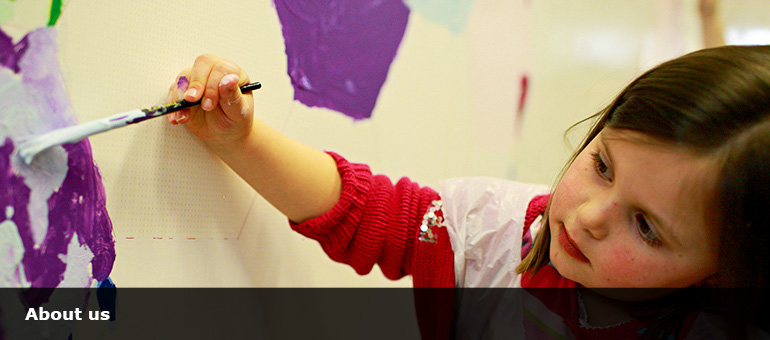
The group members’ research is underpinned by shared values and ethical considerations relating to social justice, equity and participation. Our overarching objective is to develop robust research approaches that are likely to transcend disciplinary boundaries, leading to findings that will have significant and long-term impact on children's and adults' experience of education and social life.
In taking a transdisciplinary stance we aim to transcend traditional disciplinary boundaries, but our members have drawn from psychology, sociology, development work, and philosophy making use of a diverse range of theoretical frameworks and writers such as the capabilities approach, positive psychology and self-determination theory, Flyvbjerg’s notion of knowledge, identities, possibility thinking, peace education etc.
There are a range of topics that fall under the two areas of wellbeing and inclusion and we are interested in their interconnections. For instance, our work will consider aspects such as:
- The significance of school and classroom relationships in supporting and/or impeding children and young people’s participation and learning and investigating how such relationships can be improved
- Factors that influence teacher wellbeing and retention
- The relationship between teacher wellbeing and student wellbeing and student achievement
- The application of the principles of peace education to the development of schools as flourishing and participatory institutions
- The impact of arts based interventions on student inclusion and wellbeing
- Developing inclusive pedagogy and practice in ways that ensure the learning of all children and young people whilst safeguarding the needs of those most vulnerable to processes of exclusion and marginalization
- Children and young people’s mental health and school-related practices; the role of the school in relation to wellbeing and mental health
- What makes child therapy optimally effective; for instance, the efficacy of theraplay to develop empathy and sensitivity in adults working with looked after or adopted children
- Resilience, anxiety and coping in school
- The role of student voice and participation in fostering inclusion and wellbeing at all levels of education – this could link to the widening participation in HE agenda.
In engaging with these types of issues we are also interested in examining broader questions such as:
- What does researching wellbeing and inclusion mean for various fields or disciplines?
- Does different terminology represent different paradigms and analytical approaches (e.g. new materialities and material-dialogic approach to pedagogy)?
- What new and creative possibilities does researching wellbeing and inclusion bring?
- How can research in this field be conducted in a way that adheres to the embedded principles and values throughout the process (e.g. participatory approaches)?
We are keen to ensure there is a close link between theory and practice and the work of the group feeds into many of the Faculty’s teaching programmes. Members of the group are part of the Faculty’s Wellbeing Committee, which is concerned with the wellbeing of staff and students in the Faculty, whilst others convene the Cambridge Forum for Children’s Emotional Wellbeing. In addition, members of the group have links with organisations such as the Cambridge Wellbeing Institute, Public Health at Cambridge, CAMHS, Relational Schools and other charities, the University of Cambridge Primary School, RSA, Cambridge Curiosity and Imagination, Creativity Culture & Education, the Madeleine Migration Network, the Runnymede Trust, the Beehive Foundation etc. The group also supports the development of early career researchers and doctoral students are integral to our work.
